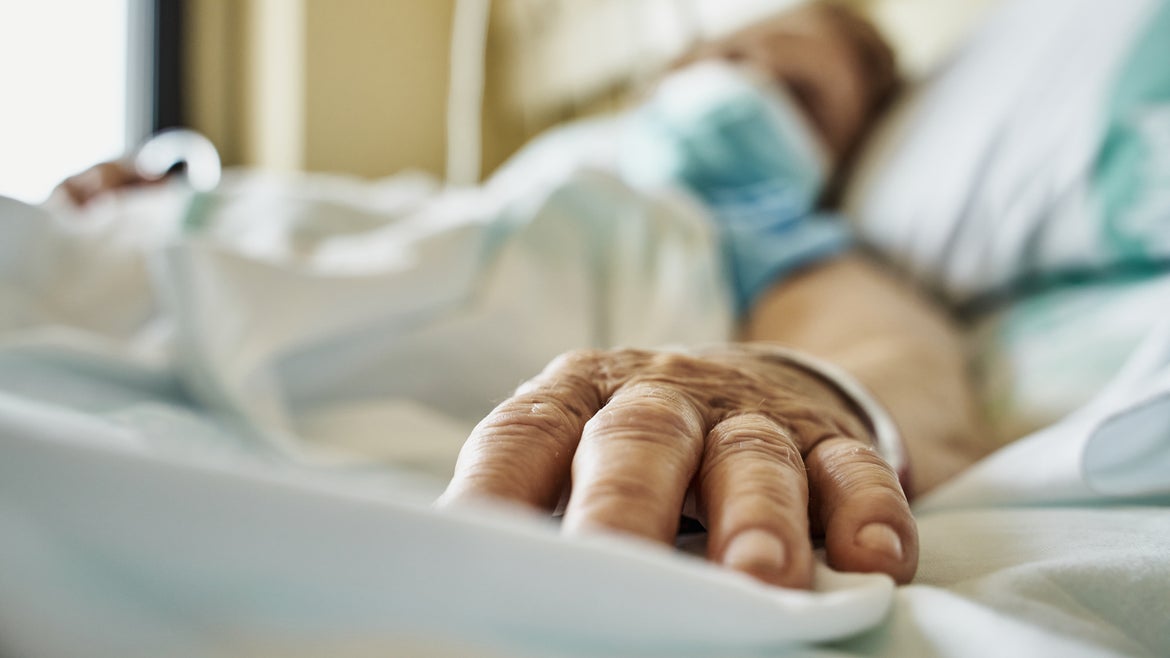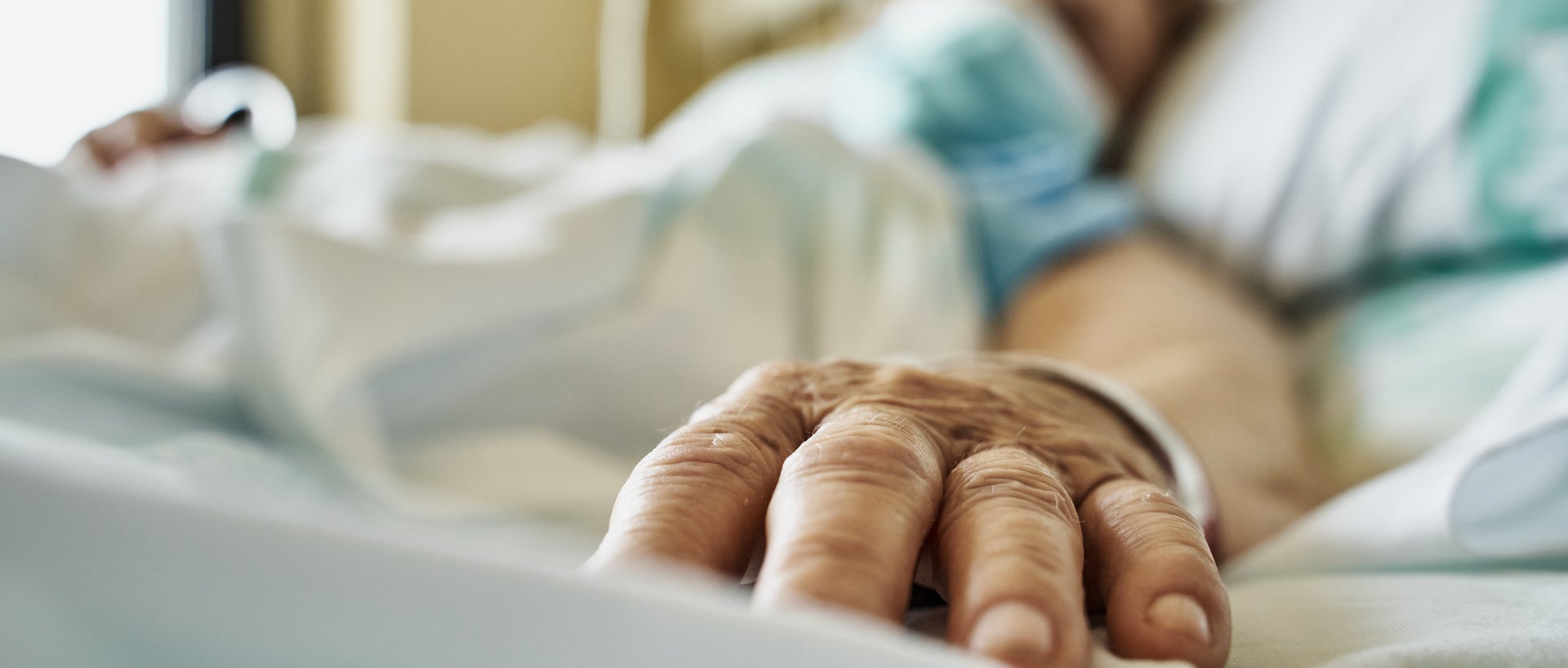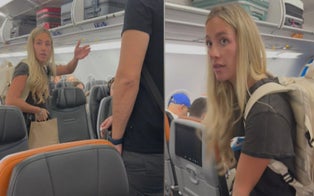Maryland delegate Kirill Reznik is attempting to hold health officials accountable while the state seeks federal disaster aid.
Maryland has at least 200 bodies that have yet to be examined, with some remains being stored in refrigerated trailers in a rented garage and loading dock, according to local CBS affiliate WUSA 9.
Delegate Kirill Reznik, a legislator from Montgomery County, says the number of bodies is due to a combination of increased number of murders, overdoses, and COVID-19 related deaths, according to the affiliate.
Maryland is attempting to acquire federal disaster aid and Reznik told the outlet that some of the remains are being kept on an emergency basis during the process.
Procurement documents submitted to the Maryland Board of Public works — which are required to approve the emergency rental space — confirm Reznik's statement, according to WUSA. According to these documents, the garage is being rented for $30,000 per month.
The delegate blames Maryland Health Department officials for failing to recruit enough qualified medical examiners and pathologists to replace the ones who have left since 2019.
According to WUSA, state documents show that Maryland health officials have increased salaries to over $370,000 in an attempt to garner interest from pathologists.
Reznik cites complaints from unions representing employees at the Medical Examiner's office, saying "Until a few weeks ago, there were bodies being piled up in the hallways,"
"It's sad. Not only are we delaying potential criminal investigations, not only are we delaying the ability of families to have closure for their loved ones who have passed, there are circumstances where there are religious rights in many cases. And here we are delaying those people to properly bury their loved ones by days and weeks,” he told the outlet.
The U.S. National Disaster Medical System is sending at least one worker to Maryland after the state appealed to the Federal Emergency Management Agency for help, according to Reznik.
"People who go into the medical field want to heal the living, not work with the dead," Reznik said.
"And so finding those medical students and those doctors who want to engage in this specialty is difficult."







